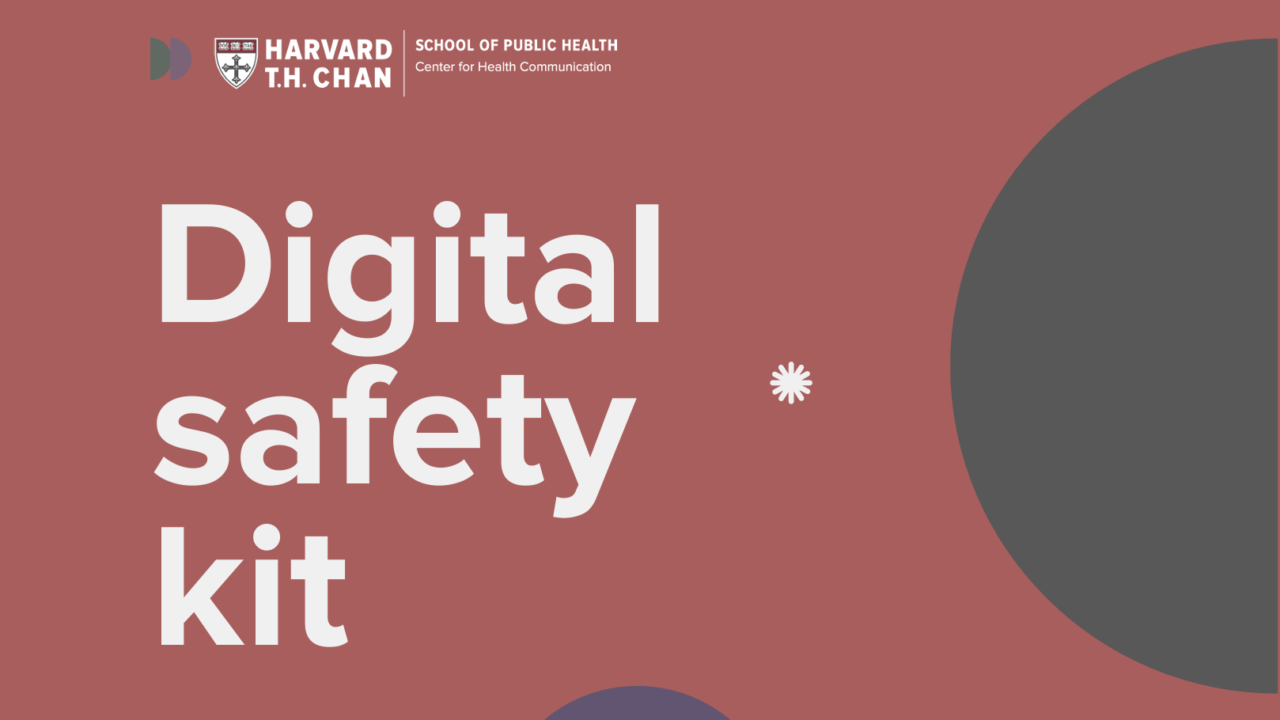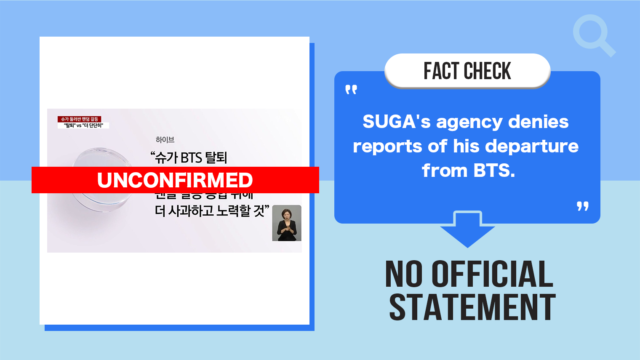The Center for Health Communication (CHC) at the Harvard T.H. Chan School of Public Health unveiled the “Digital Health Kit” on 31 January, aimed at public health workers and researchers.
This kit compiles strategies to counter online harassment against medical professionals. Since the outbreak of the COVID-19 pandemic, defamation against public health workers has escalated. A survey conducted from March 2020 to January 2021 saw harassment and threats against local health officials in the United States rise to 1,499 cases. On social media, defamation, doxing (the act of publishing private information), and threats of violence were prominent, with 36% of the 222 who resigned citing harassment as the reason for leaving.
Such threats often come from individuals disgruntled with COVID-19 safety measures such as vaccination and mask-wearing, with harassment also reported against those involved in abortion and transgender healthcare.
Practical and specific measures against online harassment
The “Digital Health Kit” is divided into four chapters: “Recognise online harassment”, “Respond to online harassment”, “Make a plan to protect yourself” and “What institutions can do”.
The first chapter explains what constitutes online harassment, including cyberbullying and deepfakes—AI-manipulated videos that misleadingly present false information as if it were broadcasted.
Tech Giants Unite to Combat Deceptive AI in 2024 Elections
The second chapter outlines responses to such harassments, including reporting aggressive accounts and verifying account security. Notably, the first strategy mentioned is “Assess your priorities and your boundaries. How important is staying visible online? How willing are you to change your online or offline behaviours?” This pragmatic approach suggests reflecting on one’s behaviour and contemplating the necessity of continued communication.
The third chapter presents more detailed and advanced methods of self-defence. For example, “Making your password complex to prevent account hacking” is a well-known protective measure, but this guide goes further, recommending “Entering false answers for ‘forgot password’ questions that could be deduced from social media posts” and “Deleting DMs and private posts every six months in case of hacking.”
The final chapter introduces technical measures such as multi-factor authentication and data deletion services, as well as fundamental strategies like conducting training on social media conduct for staff and students and developing emergency policies.
All chapters provide valuable insights not only for public health workers but for a wide audience. The “Digital Health Kit” can be viewed and downloaded from the Harvard T.H. Chan School of Public Health website, Digital Safety Kit for Public Health.












Leave a Reply